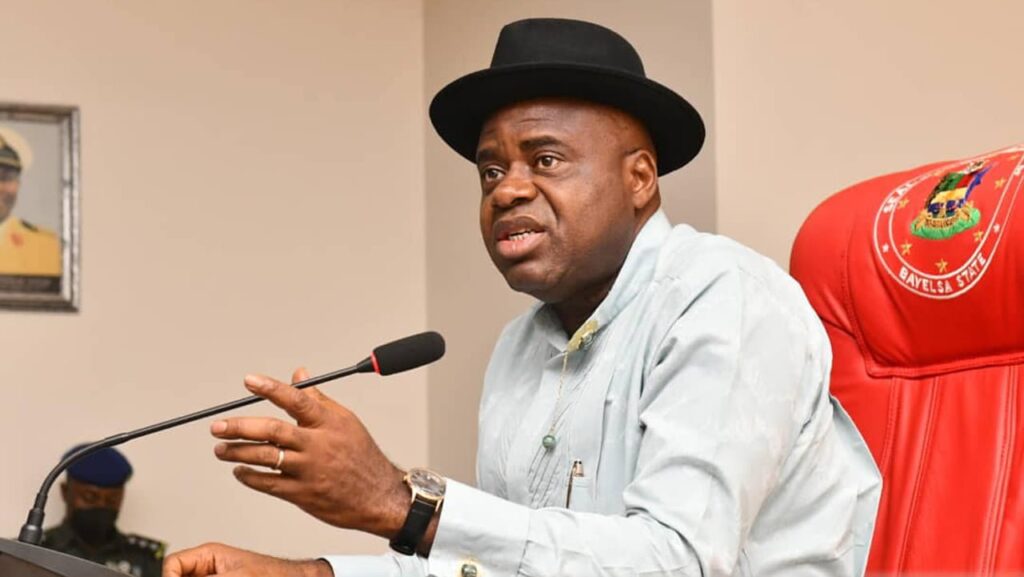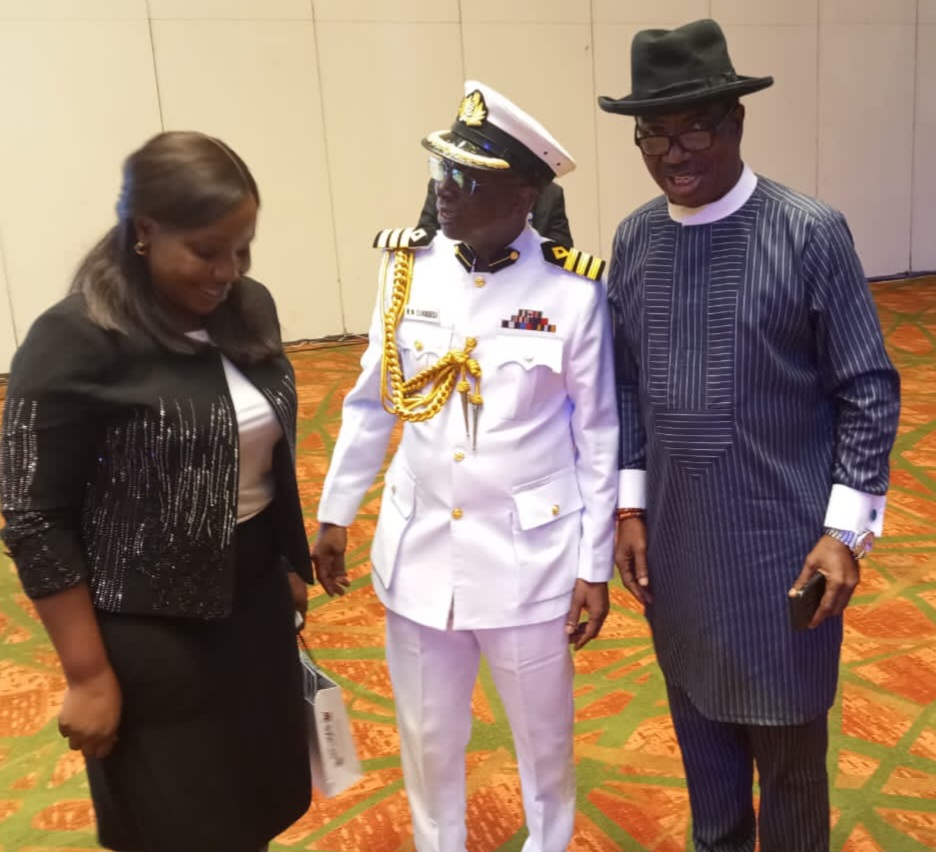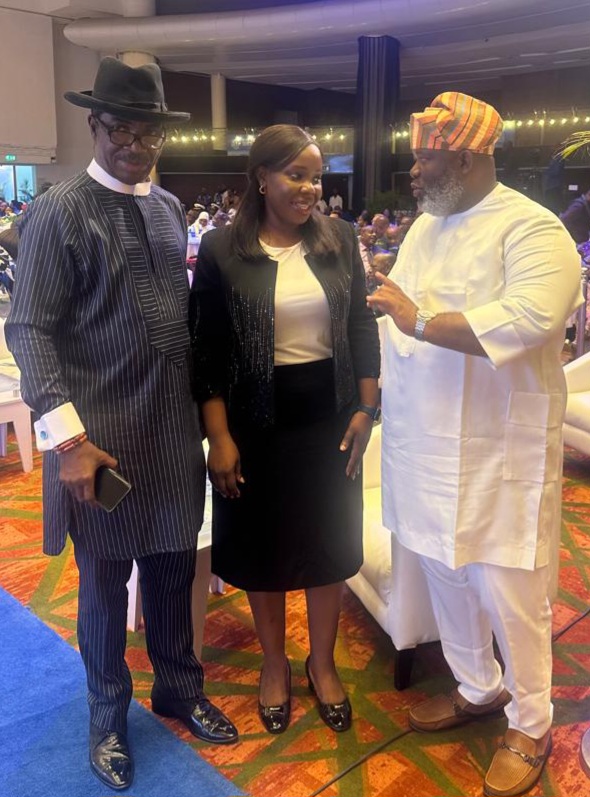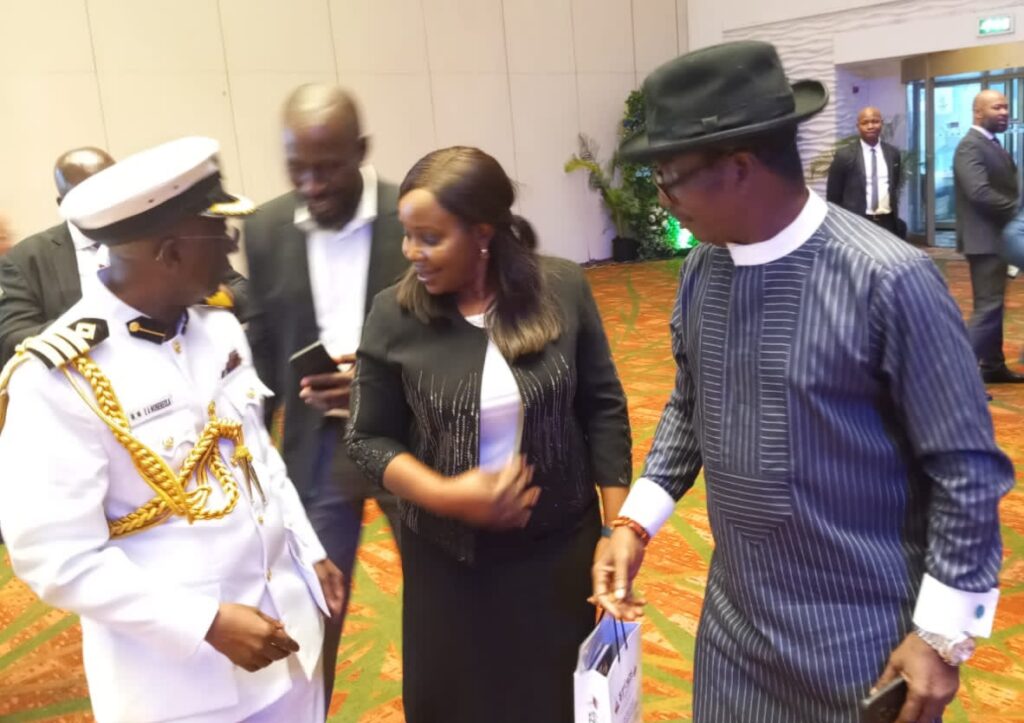
Chairman, Board of Trustees of BRACED Tourism Promotion & Development Initiative (BTPDI), comprising Bayelsa, Rivers, Akwa Ibom, Cross River, Edo and Delta States, Dr. Piriye Kiyaramo said integrated approaches to the development of Blue Economy in the South-South region would unlock multiple benefits, ranging from environmental, social, and economic, with a view to driving sustainable development at the grassroots
Dr. Kiyaramo, the immediate past Senior Special Assistant (SSA) to Bayelsa State Governor on Tourism and Publisher of The Blue Economy Magazine Online who made the assertion while speaking with travel writers in Yenagoa on Tuesday also hinted that “with an annual economic value estimated at US$2.5 trillion, the ‘Blue Bconomy’ is equivalent to the world’s 7th largest economy.
He expressed deep concern that with a growing human population and the increasing demand for resources the connecting oceans, seas, coasts and inland waters now face a triple-planetary crisis of climate change, pollution and biodiversity loss, noting that these global challenges have put the well-being of current and future generations in jeopardy.
According to him, countries are increasingly looking for ways to develop their ocean economies, while making concerted efforts to address these crises in a bid to meet their inter-connected targets as enshrined in the UN Sustainable Development Goals, the Global Biodiversity Framework, and that of the Paris Agreement.
Dr. Kiyaramo maintained that only a well planned sustainable Blue Economy strategy can overcome the disconnected manner our oceans, coasts and freshwater ecosystems have been managed, informing that sustainable development would imply that we manage our marine resources with caution while addressing our economic, social and ecological needs.

Bayelsa State Commissioner for Blue Economy, Dr. Faith Azibenua Zibs-Godwin
“Sustainable blue economy would provide essential benefits for both current and future generations with a view to restoring, protecting and maintaining diverse productive and resilient ecosystems through the use of clean technologies, renewable energy and circular material flows.
“A healthy ocean remains the key for a sustainable future, both for people and our planet. There is an urgent need for relevant agencies and departments of government to harness resources of the oceans, seas, and coastal ecosystems to meet the increasing demands.

L-R, Bayelsa State Commissioner for Blue Economy Commissioner, Dr Faith Zibs-Godwin, DG, NIMASA, Dr. Dayo Mobereola and Venteran Maritime Journalist and Publisher, Elder Asu Beks at Eko Hotel and SUITES Lagos, during the World SEAFARERS Day 2024 Celebration
“It is imperative that we do this in a sustainable manner as rapid unsustainable growth of ocean-related sectors would lead to environmental risks which could erode our ocean’s resource base,” Dr. Kiyaramo said.

L-R. Elder Asu Beks, Dr Faith Zibs-Godwin, Bayelsa State Commissioner for Blue Economy, and Comrade Francis Deputy President, Maritime Workers Union of Nigeria, at the during the World SEAFARERS Day at Eko hotel, Victoria Island Lagos
He lamented that developing countries and small island developing states face significant challenges, as many of them depend heavily on ocean-based resources, which are overly exposed to the consequences of ocean and coastal degradation and climate change.
Gov. Diri’s former aide pointed that enhanced access to science, policy advice and financing would allow states that have indicated interested in developing the blue economy to tap into opportunities that exist in the blue economy, such as decent jobs, cleaner energy, improved food security and enhanced resilience, while contributing to the protection of the world’s ocean, coasts and inland waters.

L-R, DG, NIMASA, Dr. Dayo Mobereola, Bayelsa State Commissioner for Blue Economy Commissioner, Dr Faith Zibs-Godwin and Venteran Maritime Journalist and Publisher, Elder Asu Beks at Eko Hotel & Suites Lagos, during the World SEAFARERS Day 2024 Celebration
According to Dr. Kiyaramo, addressing climate resilience, should be the foundational focus of any well articulated sustainable blue economy development agenda, which would foster policy coherence, nature-based solutions, and support planning and management.


